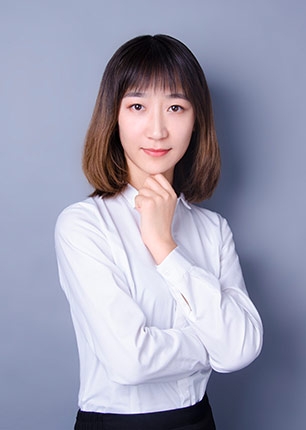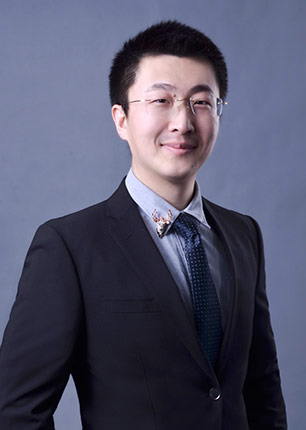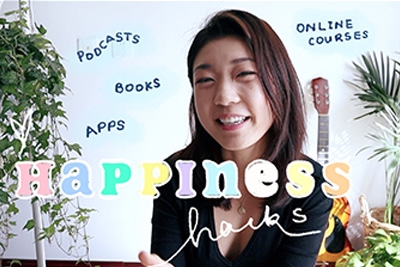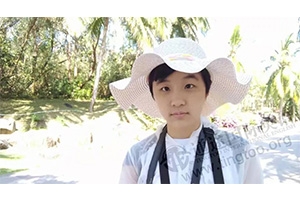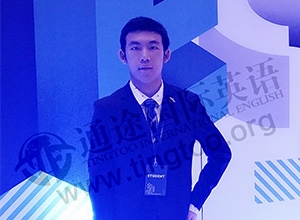雅思口語考試小建議
發(fā)布時(shí)間:2019-04-10 13:54:54 關(guān)注量:11348次
雅思口語考試小建議
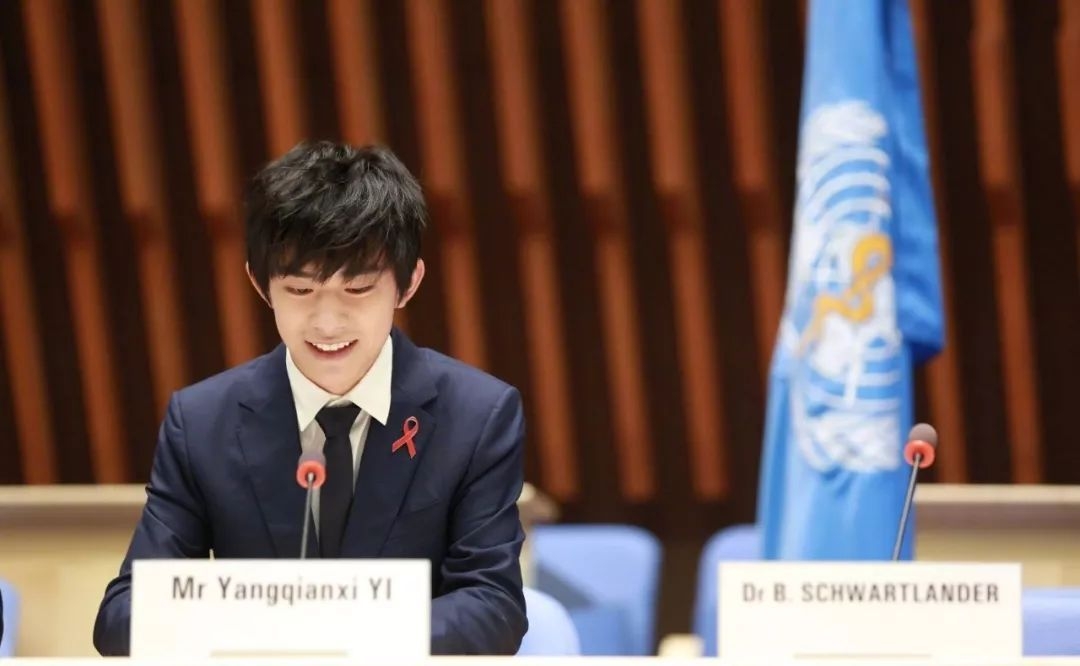
1 語速
背誦的答案和即興回答的語速肯定是不一樣的,,因?yàn)榧磁d回答時(shí)的思考會(huì)影響我們的語速,
而背誦答案反而鮮少停頓和猶豫,,考生的表情也會(huì)更自信一些,。
另外,背誦痕跡也會(huì)體現(xiàn)在考生的語速變化上,。
正常來說,,我們聊天時(shí)候的語速是會(huì)出現(xiàn)快慢變化的,尤其是講到激動(dòng)時(shí),,語速會(huì)明顯加快,;
遇到一些重點(diǎn),或是需要回憶的地方,,語速會(huì)自覺放慢,。完全勻速的表達(dá),幾乎在日常溝通中不存在,。
2 停頓
我們不僅在為自己所做的事情發(fā)聲 / 更是為了很多因身患疾病或缺乏資源 / 而無法完全融入社會(huì)的 / 兒童和青少年發(fā)聲,。
按中文邏輯來講,肯定是要根據(jù)句意進(jìn)行停頓,。
但當(dāng)如果有人這樣表達(dá):
我們不僅在為自 / 己所做的事情發(fā)聲更是為了 / 很多因身患疾病或缺乏 / 資源而無法完全融入社會(huì)的兒童和青少年發(fā)聲,。
很多人都會(huì)覺得奇怪吧,這位考生明顯不知道自己在說什么,。
英文也是如此: We speak not only for ourselves, /but also for children and teenagers /who have difficulty participating fully in their society / because of illnesses or lack of resources.
句子越長,,背誦痕跡就越明顯,想要不被識(shí)破,就要合理斷句,,比如在一個(gè)語塊后面停頓,、或在要強(qiáng)調(diào)的重讀單詞后面停頓。
3 發(fā)音和語調(diào)
很多喜好背誦的考生,,他們的發(fā)音有個(gè)很明顯的特征——當(dāng)遇到某一長難單詞時(shí),,考生易出現(xiàn)發(fā)音吃力且產(chǎn)生多次錯(cuò)誤。
這時(shí),,考官就會(huì)認(rèn)為這是考生考前臨時(shí)背誦,,并不是常用英語表達(dá)詞匯。
另外就是語調(diào),,雅思考官最反感的就是考生從頭到尾像機(jī)器人一樣用同一個(gè)語調(diào)的進(jìn)行答題,。
就像前面說的,人在正常溝通時(shí),,會(huì)有語速上的變化,,聲調(diào)也會(huì)隨著表達(dá)產(chǎn)生不同情緒的起伏。
說到開心的事情會(huì)升調(diào),、講到傷心的事情會(huì)降調(diào),,如果你的表達(dá)總是一成不變,考官怎么可能不懷疑,?
4 答題思路
除了語速之外,,答題思路也是考官判定考生是否背誦的一個(gè)渠道。
最容易出現(xiàn)背誦痕跡的主要有兩點(diǎn):前后矛盾和文不對(duì)題,。
比如說,,在談到運(yùn)動(dòng)類話題的時(shí)候,考生可能說了自己不喜歡運(yùn)動(dòng),;
但是到了卡片題An article you read online or from magazines about healthy living,,或者An activity you do to keep fit的時(shí)候,自己又變成了健身狂人,。
還有就是面對(duì)P3考官的即興提問時(shí),,很多考生會(huì)把問題轉(zhuǎn)化成自己準(zhǔn)備過的話題,生硬的把準(zhǔn)備過的內(nèi)容照搬,,在加上語音,、語調(diào)不自然,很容易被判定為背誦,。
5 語言風(fēng)格
很多考生的習(xí)慣是看到話題就把自己的答案“寫”下來,。
無論你是5-6分的考生,還是7-8分的考生,,“寫”出來的東西肯定比“說”出來的東西要formal很多。
但如果你的表達(dá)過于“written English”,也很可能被判定為背誦,。畢竟背“寫”好的范例,,肯定會(huì)不自然。
6 肢體語言
雖然雅思口語考試是以語言水平為標(biāo)準(zhǔn),,但是畢竟是主觀考試,。
如果考生邊說邊望天、望地,、摳手指,,考官都會(huì)認(rèn)為你有可能是在背誦。
想要讓自己看上去自然,、真誠些,,不妨直視考官的眼睛。
也可以適當(dāng)?shù)脑黾右恍┲w語言,,比如你說到it is big, 說到big的時(shí)候可以用手比劃一下“這么大”,。
易烊千璽的聯(lián)合國發(fā)言稿件原文參考
Hello everyone!
My name is Yiyang Qianxi, and I am from China. It’s my pleasure to be here. And during the forum, I see some people are building better environments, some are researching medical miracles. And I’m very impressed.
I think we are very lucky to be here... and to be invited here to speak, and we speak not only for ourselves, but also for children and teenagers who have difficulty participating fully in their society because of illnesses or lack of resources.
And I have been working with WHO in China since 2017 on promoting healthy lifestyles among young people. To build a healthier society, we need to start with our own personal action—make healthy choices, so that we will have the future we dream of. At the same time, we can make an effort to reach out to those who need support, including children and teenagers. They’re the building blocks of our future, both for urban and rural areas.
I have been working through my fund since 2017 to support children who have been left behind. According to official data, there are almost seven million left-behind children in rural China. Many of them are facing physical and mental health problems, along with other kinds of problems in their daily lives. Our project “The Child Companion Plan” is trying hard to address these issues through the theme — ‘one child, one family, one link’. Our goal is giving all these children a better and a healthier future.
None of us can do all these alone. We must work together to make a difference and to achieve healthier, sustainable future. We have a phrase in Chinese, “Yi qi lai ba!” It means, C’mon, together! Lets go! So, I would like to ask all of you, take action today, make it happen.
Let’s go. Yi qi lai ba!
本文由沈陽雅思培訓(xùn)通途國際英語原創(chuàng),轉(zhuǎn)載請(qǐng)保留鏈接: http://quwanggou.net/IELTS/kouyu/775.html


